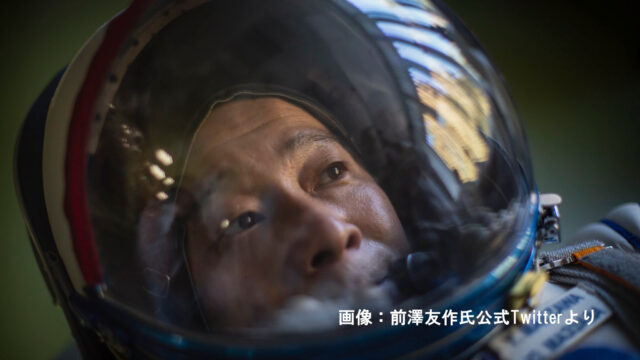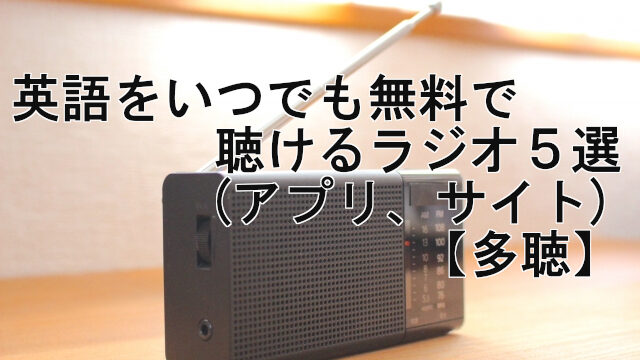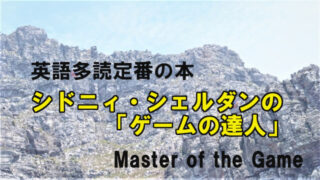英語記事和訳|日本人が2021年イグノーベル力学賞受賞~歩きスマホ

(2021.11.3)
1.はじめに
本記事では、日本人研究者が今年のイグノーベル賞を受賞したニュースを通して英語を勉強していきます。興味深い内容のニュースを通して英語の学習を楽しくしていきましょう。
京都工芸繊維大学の集団行動科学科の助教授の村上久氏が2021年のイグノーベル賞(力学賞)を受賞しました。研究内容は本記事内でも触れますが、集団の歩行者に対して歩きスマホが与える影響についてで、とても興味深いものです。
イグノーベル賞は、2007年から15年連続で日本人が何かしらの部門で受賞しているそうです。そう言えば毎年イグノーベル賞のニュースをどこかしらでひっそり目にする気がします。個人的に印象に残っているのは、2007年の中垣教授(北海道大学)の粘菌に関する研究です。単細胞の菌がエサを求めて迷路をさまよう映像をテレビで見て面白かったのを覚えています。そちらが気になる方は「粘菌 中垣」などで検索して頂ければ情報が見つかります。
イグノーベル賞の歴代受賞者一覧を見たい方はこちら(Weblio辞書 - イグノーベル賞日本人受賞者の一覧)。
それでは次章で今年のイグノーベル賞を受賞した研究について知識を得ながら、英語を勉強していきましょう。
2.英語ニュース記事引用和訳
引用元:The Asahi Shimbun
表題:Japanese wins Ig Nobel for ‘smartphone zombie’ study(by Ryosuke Nonaka), October 28, 2021
URL:https://www.asahi.com/ajw/articles/14460895
Japanese wins Ig Nobel for ‘smartphone zombie’ study
「スマートフォンゾンビ(歩きスマホ)」を研究する日本人がイグ・ノーベル賞受賞KYOTO–A Japanese researcher for the 15th year in a row was awarded a spoof Ig Nobel Prize for his study of “smartphone zombies.”
京都―「スマートフォンゾンビ(歩きスマホ)」に関する研究で、日本人が15年連続でイグ・ノーベル賞を受賞
spoof:パロディー、なりすまし、もじり
Unlike the Nobel Prize, the Ig Nobel honors achievements that make people laugh and think. The prize is organized by the scientific humor magazine Annals of Improbable Research.
ノーベル賞と異なり、イグ・ノーベル賞は人々を笑わせ、考えさせられる研究での偉業を称えるものである。この賞はユーモア系科学誌の「風変わりな研究年報(Annals of Improbable Research)」発刊の際に創設された。
※こういった背景的な部分の詳細を知りたい方はWikipedia「イグノーベル賞」のページ参照。
Hisashi Murakami is an assistant professor of collective behavioral science at the Kyoto Institute of Technology who is fascinated by the way crowds autonomically act as a single mass.
村上久氏は京都工芸繊維大学の集団行動科学科の助教授であり、群衆がそれぞれの集団の中でどう自律的に行動するか(の研究)に夢中だ。
autonomically:自律的に
mass:集団
An example of that process, which Murakami refers to as self-organization, is when pedestrians cross an intersection without bumping into each other–almost as if by an unseen command.
村上氏が「自律」と称するプロセスの例としては、歩行者が交差点を目で確認することなく互いにぶつからずに渡る事などがある。
intersection:交差点
※参考動画
Youtubeチャンネル名:時事通信映像センター
動画タイトル:歩きスマホが集団乱す 「相互予期」でイグ・ノーベル賞
URL:https://www.youtube.com/watch?v=yJexJWOOoLg
To study the mechanics of this type of human behavior, Murakami assembled a team to examine disturbances in pedestrian flow caused by smartphone zombies.
人の行動様式のメカニズムを研究する為に、村上氏は歩きスマホによって引き起こされる歩行者の流れの妨害を実験する為のチームをつくった。
The team was awarded the Ig Nobel Prize for Kinetics on Sept. 9, although Murakami, 34, found nothing to laugh about.
“I was left wondering why (our project) was found to be amusing,” Murakami said.チームはイグ・ノーベル力学賞を9月9日に受賞したが、34才の村上氏は笑ってはいない(真剣そのものだ)。
「我々の研究の何が面白いと思われたのか疑問が残ります」と村上氏は言った。Born in Yao, Osaka Prefecture, Murakami joined the Kyoto Institute of Technology in January.
大阪府八尾市生まれの村上氏は1月に京都工芸繊維大学に入った。
“I spent my younger days in a daze,” he said. “I suppose it’s a shame that I don’t have any interesting episodes from my childhood to share.”
「幼少期はぼーっと過ごしていました」と彼は言った、「幼少期のエピソードで共有する様な面白い話がなくて恥ずかしく思います」。
daze:ぼーっとさせる

A turning point came when Murakami joined a research group at Kobe University and got interested in exploring the relationship between individuals in a mass of people.
分岐点は、村上氏が神戸大学の研究グループに参加した時に来たのだが、彼はそこで集団の中での人々の関係性の研究に興味を持ったのである。
His observations of the natural world led Murakami to conclude that self-organization lies at the heart of large gatherings where individuals move freely while forming a mass.
自然界の観察により、村上氏は「自律」は集団を形成する個人が、団体で自由に移動する際の中核を成すものであると結論づけた。
To shore up his findings, Murakami explored behavioral changes in his subjects by blocking their sight, smell, hearing and other senses.
彼の発見を裏付ける為に、村上氏は被実験者の視覚、嗅覚、聴覚などの感覚を遮断して、行動の変容を研究した。
shore up:裏付ける
subject:被実験者
Realizing that the field of vision of a smartphone user is greatly restricted by the narrow screen, Murakami’s team studied smartphone zombies to ascertain how they disrupt traffic flow.
(その実験により)スマートフォン使用者の視覚は狭いスクリーンの中に制限される事が分かり、村上氏のチームはスマホ歩きする人がどれだけ交通の流れを妨げるのか研究した。
ascertain:確かめる
disrupt:混乱させる、邪魔する
The team observed two groups of 27 college students approaching each other from opposite directions and passing by. Three members of one group were assigned to walk while using their smartphones. However, they and the others managed to always get out of the way and avoid a collision, causing them and others to slow down.
チームは27人の大学生の2つのグループがそれぞれ向かい合った方向から歩いて近づく様子を観察した。各グループのうちの3人はスマホを使いながら歩く様に命じられたが、スマホ歩きの歩行者とそうでない歩行者は常にぶつからない様にすり抜けて、その結果全体の歩行速度は遅くなっていた。
assign:割り当てる
Still, the researchers were left with more questions than answers after realizing that sense of vision was not the only factor that allowed the participants to detect each other’s movement.
“You may be amazed by how fish and birds don’t collide with each other when they travel en masse, but humans also have a similar ability,” Murakami said. “It’s exciting, isn’t it?”研究者達は、判明した答え以上に多くの疑問を未だ抱えているが、被験者が互いの動きを検知する要因は視覚的要素だけではない事が分かってきた。
「魚や鳥が集団移動する時、どうして互いにぶつからないのか知ったら皆さん驚くと思います。しかし人間も似たような能力を持っているのです」と村上は言った、「その事実(を知って)にわくわくしませんか?」。
detect:検出する、検知する
collide:ぶつかる
en masse:(フランス語)集団で、一斉に
3.さいごに
本記事では今年のイグノーベル賞を受賞した歩きスマホに関する研究のニュースを通して英語を勉強しました。歩きスマホに関しては、歩きスマホ禁止に関する条例の記事を過去に書きましたので、そちらも合わせてご参照頂ければ幸いです。

最近では条例で歩きスマホを禁止する試みも出てきている様ですので、注意しなければなりません。この研究がもっと進んで、社会に役立てられれば良いなと思います。歩きスマホをただルールで禁止するだけでなく、上手く共存する仕組みや技術が生み出されたら画期的だなと思います。
本記事がお役に立てば幸いです。
おわり
<関連記事>
・2022年も日本人がイグノーベル賞を受賞しました。つまみを回す時の指の使い方の研究。

・日本のニュースを英語で読みたい方におすすめの記事。















